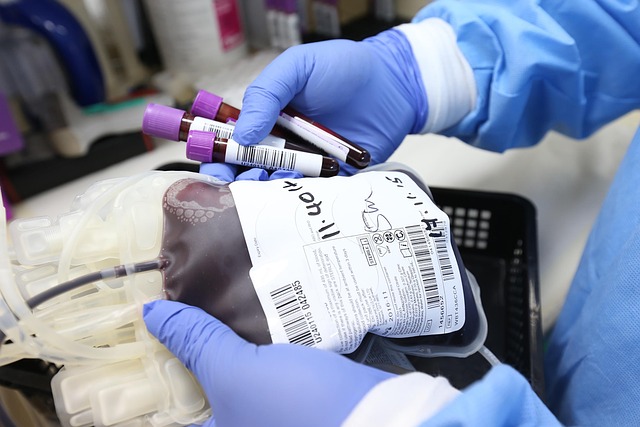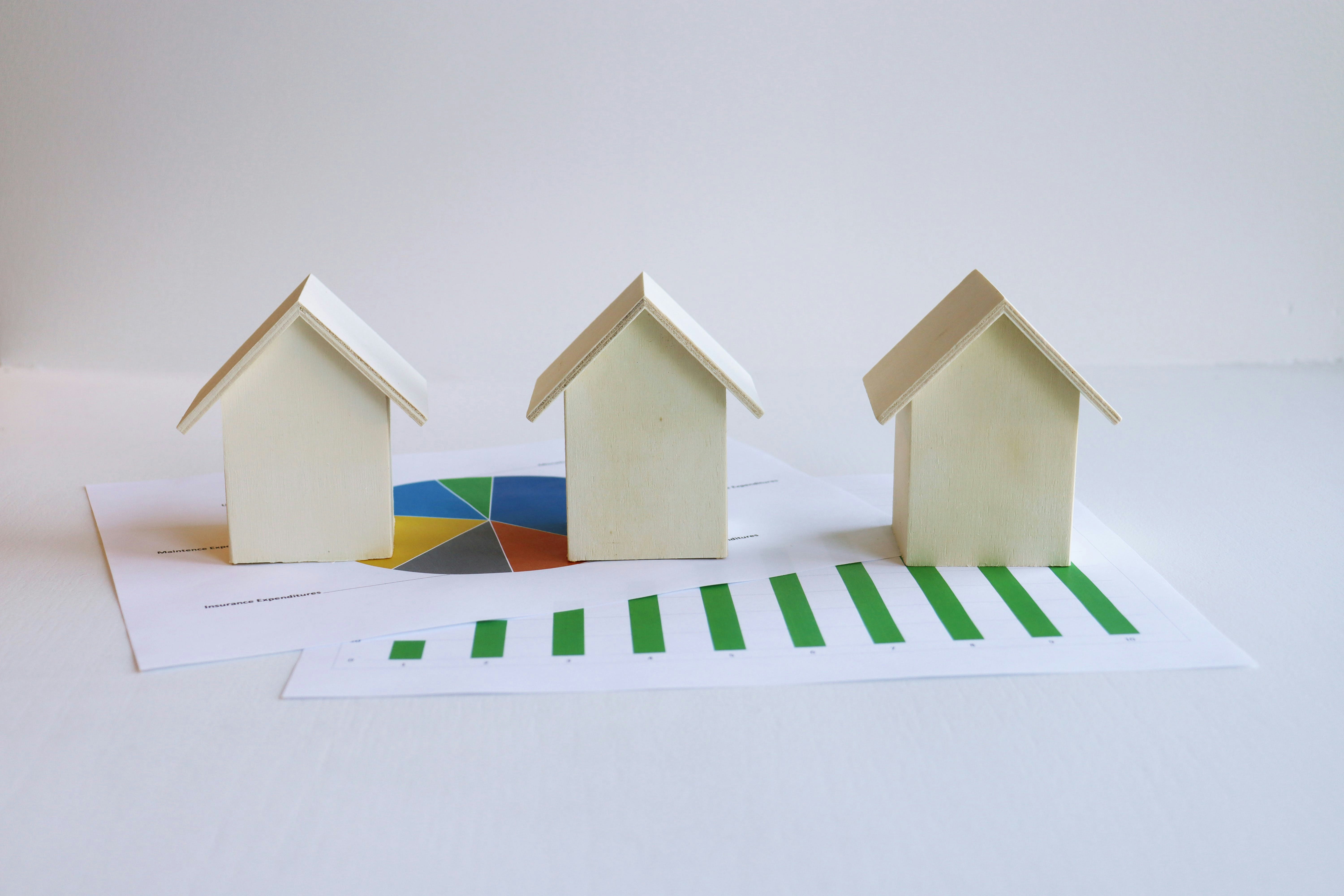Understanding Kidney Disease Treatment: From Symptoms to Solutions
Kidney disease is a serious health condition that affects millions of people worldwide. Early detection and proper treatment are crucial for managing the disease and preventing its progression. This article will explore the various aspects of kidney disease treatment, including recognizing symptoms, understanding diagnostic tools, and exploring available treatment options.

What are the common symptoms of kidney disease?
Kidney disease often develops gradually, and symptoms may not be noticeable until the condition has progressed significantly. Some of the most common signs that your kidneys might be in trouble include:
-
Fatigue and weakness
-
Swelling in the ankles, feet, or hands
-
Shortness of breath
-
Changes in urination patterns
-
Nausea and vomiting
-
Persistent itching
-
Loss of appetite
-
Trouble concentrating
-
Muscle cramps
-
Dry, itchy skin
-
High blood pressure
-
Sleep problems
It’s important to note that these symptoms can be associated with other health conditions as well. If you experience any of these signs, especially if they persist, it’s crucial to consult a healthcare professional for proper evaluation.
How is kidney disease diagnosed?
Diagnosing kidney disease typically involves a combination of medical history assessment, physical examination, and various tests. Some common diagnostic tools include:
-
Blood tests: These measure levels of waste products like creatinine and urea in the blood, which can indicate how well the kidneys are functioning.
-
Urine tests: Analysis of urine samples can reveal abnormalities in kidney function and detect protein or blood in the urine.
-
Imaging tests: Ultrasounds, CT scans, or MRIs can provide detailed images of the kidneys and urinary tract to identify structural abnormalities or blockages.
-
Kidney biopsy: In some cases, a small tissue sample may be taken from the kidney for microscopic examination to determine the underlying cause of kidney disease.
-
Glomerular filtration rate (GFR) estimation: This calculation helps determine the stage of kidney disease based on blood creatinine levels, age, sex, and race.
Early diagnosis is crucial for effective treatment and management of kidney disease. Regular check-ups and screenings, especially for those with risk factors like diabetes or high blood pressure, can help detect kidney problems early.
What are the stages of chronic kidney disease?
Chronic kidney disease (CKD) is classified into five stages based on the level of kidney function, as measured by the glomerular filtration rate (GFR):
-
Stage 1: Normal kidney function (GFR ≥ 90 mL/min/1.73 m²) with signs of kidney damage
-
Stage 2: Mild decrease in kidney function (GFR 60-89 mL/min/1.73 m²)
-
Stage 3: Moderate decrease in kidney function (GFR 30-59 mL/min/1.73 m²)
-
Stage 4: Severe decrease in kidney function (GFR 15-29 mL/min/1.73 m²)
-
Stage 5: Kidney failure (GFR < 15 mL/min/1.73 m²)
Understanding these stages helps healthcare providers determine the most appropriate treatment approach and monitor disease progression.
What treatment options are available for kidney disease?
Treatment for kidney disease depends on the underlying cause and the stage of the disease. Some common approaches include:
-
Medications: Various drugs may be prescribed to manage symptoms, control blood pressure, lower cholesterol, or treat specific underlying conditions.
-
Dietary changes: A kidney-friendly diet, often low in sodium, potassium, and phosphorus, can help reduce the workload on the kidneys.
-
Lifestyle modifications: Quitting smoking, maintaining a healthy weight, and regular exercise can help slow disease progression.
-
Dialysis: For advanced kidney disease, dialysis may be necessary to filter waste products from the blood when the kidneys can no longer perform this function adequately.
-
Kidney transplant: In cases of end-stage renal disease, a kidney transplant may be the best long-term treatment option.
-
Management of underlying conditions: Treating conditions like diabetes or high blood pressure is crucial in slowing kidney disease progression.
What unique challenges do elderly patients face with kidney disease?
Elderly patients with kidney disease often face additional challenges due to age-related factors and comorbidities. Some unique considerations for this population include:
-
Increased risk of medication side effects and interactions due to multiple prescriptions
-
Higher susceptibility to infections and complications
-
Challenges in maintaining proper nutrition and hydration
-
Difficulty in adhering to complex treatment regimens
-
Increased risk of falls and fractures due to weakness and bone disease
-
Greater likelihood of cognitive impairment affecting self-care abilities
-
Potential need for additional support systems for daily living and medical care
Healthcare providers must consider these factors when developing treatment plans for elderly patients with kidney disease, often requiring a more holistic and multidisciplinary approach to care.
How can individuals prevent or slow the progression of kidney disease?
While some causes of kidney disease are not preventable, there are several steps individuals can take to reduce their risk or slow the progression of existing kidney problems:
-
Control blood pressure and diabetes through medication, diet, and lifestyle changes
-
Maintain a healthy weight through proper nutrition and regular exercise
-
Quit smoking and limit alcohol consumption
-
Stay hydrated by drinking adequate amounts of water
-
Avoid excessive use of over-the-counter pain medications, which can damage the kidneys
-
Get regular check-ups and screenings, especially if you have risk factors for kidney disease
-
Follow a kidney-friendly diet as recommended by a healthcare provider or dietitian
-
Manage stress through relaxation techniques or counseling
-
Treat urinary tract infections promptly to prevent kidney damage
-
Be cautious with herbal supplements, as some can be harmful to the kidneys
By taking these preventive measures and working closely with healthcare providers, individuals can significantly improve their kidney health and overall well-being.
Understanding kidney disease symptoms, treatment options, and preventive measures is crucial for maintaining optimal kidney health. If you have concerns about your kidney function or are experiencing symptoms, consult a healthcare professional for proper evaluation and guidance. Early detection and appropriate management can make a significant difference in the outcome of kidney disease.
This article is for informational purposes only and should not be considered medical advice. Please consult a qualified healthcare professional for personalized guidance and treatment.




